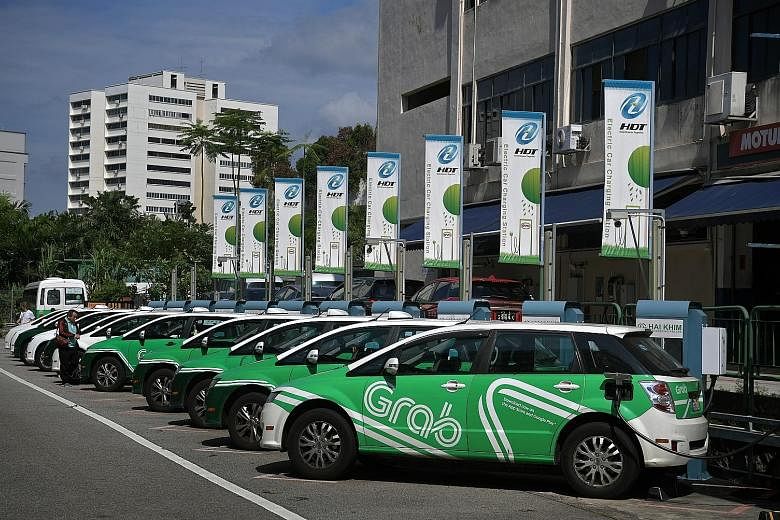We do pretty much everything on our smartphones now but that means having to hop-scotch from one app to another, so the moves towards a one-stop shop that opens up several functions in a single click look more appealing by the day.
The way these super apps - as they are called - have taken China by storm hints at how they might thrive here. Take WeChat service, which has around a billion monthly users. At first glance, it is a messaging app that functions much like WhatsApp but once you are in its eco-system, you can make cashless payments in stores, hail a cab, order food and pay your utility bills, among other functions.
Already a subscriber? Log in
Read the full story and more at $9.90/month
Get exclusive reports and insights with more than 500 subscriber-only articles every month
ST One Digital
$9.90/month
No contract
ST app access on 1 mobile device
Unlock these benefits
All subscriber-only content on ST app and straitstimes.com
Easy access any time via ST app on 1 mobile device
E-paper with 2-week archive so you won't miss out on content that matters to you


